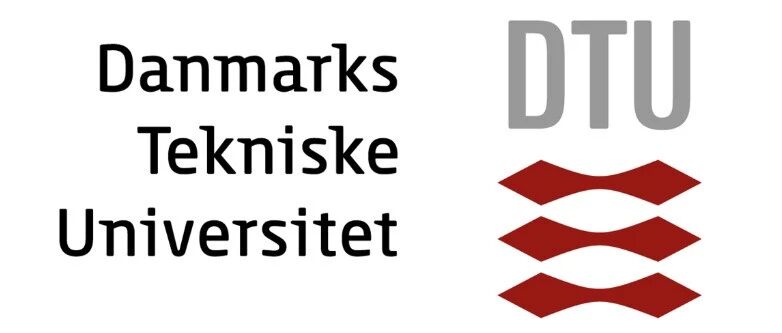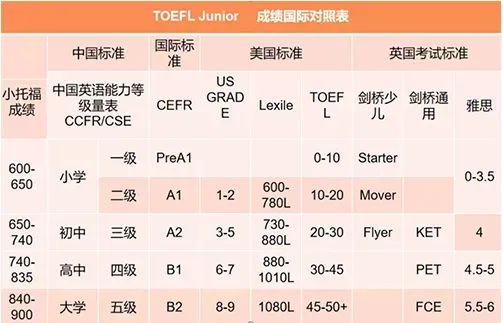本期为大家推荐帝国理工学院、奥克兰大学2026最新奖学金项目介绍。
1、帝国理工学院
Laboratory investigation of ocean mixing by stratified turbulence
Imperial College London | Department of Civil & Environmental Engineering
博导:Dr Adrien Lefauve
截止日期:全年可申
资助的博士项目(全球学生)
About the Project
Description: Ocean turbulence controls the transport of salt, pollutants, sediments, and nutrients, shaping water quality, erosion, fisheries, and sub-sea infrastructure. Yet turbulence remains one of the last unsolved problems in classical physics. Understanding how it mixes stratified (layered) fluids is key for predicting and managing the impacts of climate change.
This PhD will focus on designing and carrying out new laboratory experiments in Imperial’s Hydrodynamics laboratory , using hydraulic flumes and advanced experimental techniques to visualise and accurately measure fluid flow and mixing. A central theme will be the physics of shear instabilities and other processes too small to be directly resolved in numerical ocean models.
The scope is quite broad, but experiments will likely be complemented by theory and by analysis of cutting-edge field observations , providing an opportunity to connect laboratory physics with real-world oceanographic processes. The ultimate aim is to distil new insights into practical models for mixing, advancing both fundamental fluid mechanics and applied climate/ocean prediction. There is also scope for fieldwork with colleagues in the USA.
Skills gained:Valuable multi-disciplinarity skills in fluid mechanics and oceanography, including experimental skills, modelling physical systems (turbulence, numerical models), data science and management (image analysis, handling environmental datasets) and, potentially, fieldwork and training, depending on the student’s interests. These skills align with the 'most wanted skills' for environmental science identified by the Natural Environment Research Council, guaranteeing exciting post-PhD career prospects in academia or industry.
Essential requirements :
- First-class or strong 2:1 degree (or international equivalent) in engineering, physics, mathematics, oceanography or closely related, and familiarity with fluid mechanics.
- Masters-level degree.
- Good English writing and communication skills (e.g. IELTS 7.0 or TOEFL 100 overall).
- Experience with scientific programming and data analysis (e.g. MATLAB, Python, Julia).
- Evidence of strong critical thinking, organisation, time management and independence.
- Motivation for hands-on laboratory research in a fluids laboratory, mathematical modelling, and physical understanding of environmental flows.
Desirable but not essential:
- Research experience and high-quality outputs.
- Knowledge of one or more of the following: hydraulics, waves, turbulence, experimental techniques (software, hardware, acquisition), oceanography, acoustics.
Funding:
The studentship will provide funding for tuition fees at the level of Home (UK) students and a tax-free stipend at the standard UKRI London rate (£22,780 pa for 2025/26). The funding can also be used to partially support an international student, combined with other scholarships, although such scholarships have strict deadlines and tend to be extremely competitive.
How to apply:
Enquiries and applications should be made directly to Dr Adrien Lefauve (a.lefauve@imperial.ac.uk) with the following materials in a single PDF file (under 20 MB):
- Cover Letter explaining your motivation and suitability, including details of any prior research experience if applicable
- CV
- Undergraduate and masters transcripts with grades and class rankings (if any)
- If relevant, English testing results, i.e. IELTS or TOFEL
- Details of two academic referees (including name, affiliation, and email address).
Application via the Imperial College Registry isnotnecessary at this stage.
Review of applications will begin immediately and continue until the position is filled.
2、奥克兰大学
An MRI-constrained computational model of the preterm-born lung
Auckland Bioengineering Institute
博导:Dr Ho-Fung Chan Dr M Tawhai
截止日期:全年可申
资助的博士项目(全球学生)
About the Project
Decreased lung function or prematurity-associated lung disease (PLD) is common following preterm birth (<37 weeks’ gestation). PLD may be associated with different early life factors and may result in distinct disease phenotypes. The association of different types of PLD with reduced lung function is not well understood. Previous studies have observed significant discordance between lung function impairment on imaging and spirometry. Explaining these observations is limited by a current lack of structure-based models of the paediatric lung. This gap is largely because CT is the modality of choice to image lung structure, but CT is seldom used in children due to radiation exposure.
This project will address this gap, by developing a comprehensive computational model of the paediatric lung, with a focus on utilising data from novel magnetic resonance imaging (MRI), that is relevant to studying preterm airways and lung structure-function. This will provide a novel approach for exploring the relationship between lung structure-function and PLD in preterm-born children.
Desired Skills
- Image processing (particularly in MRI)
- Mathematical modelling
- Programming (particularly in Python)
The Auckland Bioengineering Institute - breaking boundaries in bioengineering for more than 20 years
At the Auckland Bioengineering Institute (ABI), we apply engineering and technical innovation to advancing medical care, human capability, and understanding of human physiology. Our team of world-renowned researchers are working on everything from artificial intelligence avatars, to implantable devices, to digital models of the human body. Our focus on research excellence and commercialisation adds value to society and to the global economy.
Our research makes a real difference in the world. We’ve designed sensors to diagnose stomach disease without needing invasive surgery; developed a tiny wireless implantable device to measure brain pressure and save the lives of children with hydrocephalus; and we lead the world in building digital models of the human body which will enhance personalised medicine approaches for improved diagnosis and treatment.
Join our team of researchers for a postgraduate degree and together we can make a difference. Our graduates are amongst the most employable in the world - many either continue their career in research, find employment with industry leaders such as Rocket Lab or Fisher & Paykel, or launch their own startup companies.
Our students come from over 50 different countries and a wide range of backgrounds and disciplines, including Engineering, Medicine, Mathematics and Science.















